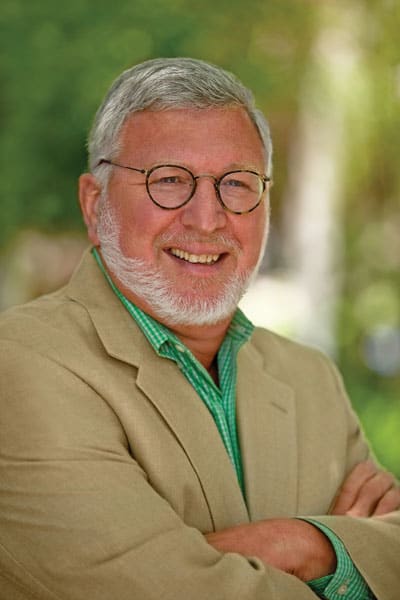Magnifying the Power of Learning with e-Portfolios

By Michael Bassis, President of Westminster College
Over the years, one of the major problems in higher education has been our inability to provide evidence of what students learn, particularly those broader skills and attributes critical to students’ future success. At a time when employers, parents, students, and society are demanding a new level of accountability for the rising costs of college, institutions that help their graduates present solid proof of what they learned will be at a competitive advantage.
To address this issue and to strengthen a campus culture focused on student learning where learning prevailed above mere teaching, the faculty at Westminster College in Salt Lake City identified and adopted specific skills and attributes believed to be critical to success in the workplace and in life as its “College-Wide Learning Goals.” These learning goals include skills such as critical and analytical thinking, leadership and teamwork, creative and reflective capacities, excellent writing and communication, global consciousness, social responsibility, and ethical awareness. To help students demonstrate their achievement of the College-Wide Learning Goals, Westminster chose the vehicle of e-portfolios, an online repository of personal reflections and artifacts students assemble throughout their college careers.
In fact, we now require all incoming undergraduates to create an e-portfolio in order to graduate. Here, we encourage them to showcase their college experience, allowing them to include evidence of learning not just from coursework, but from their experiences beyond the classroom. Unlike the college transcript that provides no evidence of what a student learned, e-portfolios allow us to evaluate a student’s learning no matter where that learning took place. Our e-portfolios are both summative and formative: they not only allow us to monitor each student’s progress toward achieving each goal, but the act of creating an e-portfolio is itself a powerful learning experience.
I can attest personally to the value of this learning approach. On the verge of my retirement, I decided to develop my own e-portfolio as a way for me to step back and gain some perspective on my work, what worked well and what didn’t, what I learned along the way and what I still need to learn to become more effective in whatever I might do in the future.
Creating my e-portfolio has been an invaluable experience that has helped me learn more about the strengths and weaknesses I have brought to my work. For students, I believe that creating an e-portfolio can provide great personal insight by helping them draw connections between what they have been taught, what they have learned, the skills they have developed, and the values they hold. It can help them connect things that, at first glance, have little in common. For example, I now understand how my competitive nature, combined with my strict standards of quality, fueled my desire to help Westminster develop a national reputation as a powerful and affordable environment for learning.
For all its flaws – and there are many – higher education has the power to give us new insights, and help us integrate what we have learned into a coherent worldview. It has the power to transform us, to help us understand who we are, and it gives us the knowledge and the skills to achieve both personal satisfaction and professional success.
My experience has convinced me that e-portfolios can significantly magnify the power of higher education. In fact, if the process is as illuminating for our students as it has been for me, e-portfolios will be one of the most powerful learning experiences we offer.
Michael S. Bassis is the sixteenth president of Westminster College, the only private, comprehensive liberal arts college in Utah. An authority on educational change and an active participant in the national conversation on the future of higher education, Dr. Bassis has had a wide range of experiences as a teacher, scholar, and administrator over his 30-year higher education career.






Samuel Burton
Why not take this a step further. I get to the end of what may be 10-20 + years of education and what records do I really have to show what I am now supposed to know? What are the chances that I will actually retain this knowledge?
Every student should have a digital mind map of what they have actually learned from the time they enter pre-school until - well I guess always! Since all knowledge and retention of said knowledge is based on linked information, such a mind map could literally come to be a personal digital mirror of what has actually taken place in the brain.
I don't know about you, but I'd love to be able to go back in time and see how the story I wrote in grade 3 about Mozart may have come to influence my present career choices.